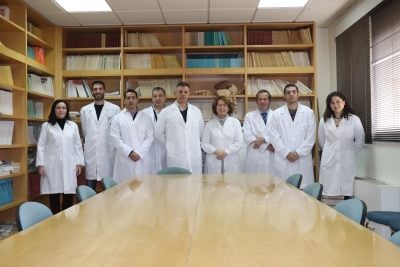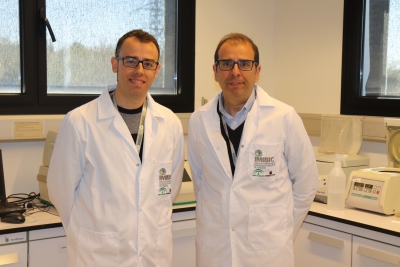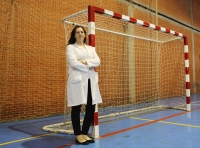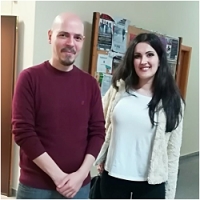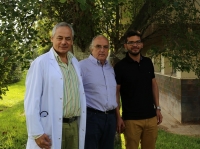PARAGONE. The Fight Against 'Helminths', The Parasites Scourging the Livestock Sector
Escrito por UCC+IThe Paragone project is developing new potential vaccines to fight against these pathogens in production animals
Hypogonadism: a drop in testosterone that is both caused and aggravated by obesity
Escrito por UCCiBullying evolves with age and proves difficult to escape from
Escrito por UCC+iAn international team from the Universities of Cordoba, Cambridge and Zurich conducted a study on bullying roles among peers. Children who are involved in bullying at age 11, may remain involved throughout their entire adolescence
Bullying is a harmful antisocial behavior present in schools all over the world. Involvement in bullying, as either perpetrators or victims, have serious short-term and long-term consequences for all the members of the school community, family and society in general, causing future problems related to depression and difficulty with social relationships. Moreover, studies on bullying link it to drug use and even offending.
Research out of the University of Cordoba reveals a negative correlation between excessive physical exercise and male reproductive health
The idea that physical exercise is good for you is widespread and established upon an irrefutable foundation. Nevertheless, exercising also has its risks, contraindications and side effects that cause it to be in the running for threatening species’ perpetuation. Can exercise kill? No, but it can cause semen quality to deriorate significantly.
Phobic anxiety is linked to sexuality issues in women who are breast cancer survivors
Escrito por UCC+iA University of Cordoba research project reveals that mental well-being is a determining factor in sexual dysfunction in women affected by this kind of cancer
Psychological variables are determining factors in sexuality development. A study carried out by a research team made up of researchers from the University of Cordoba, the Maimonides Institute of Biomedical Research (in Spanish abbreviated to IMIBIC) and Queen Sofia University Hospital revealed that sexual dysfunction suffered by women who are breast cancer survivors is linked to phobic anxiety, which nevertheless, does not affect sexual function in women with no history of cancer.
Keeping phosphorus under control to improve the quality of life of those who suffer from renal failure
Escrito por UCC+iA University of Cordoba research team, Cordoba’s Maimonides Institute of Biomedical Research and Queen Sofia University Hospital link phosphorus normalization in blood to a decrease in a hormone that damages the heart
The FGF23 (Fibroblast growth factor 23) hormone originates in bone to communicate with the kidney whose duty it is to excrete excess phosphorus that the bone detects. Its main function is bone-kidney communication to eliminate phosphorus, but what happens when the person has renal failure and kidneys that do not work in addition to an impaired excretion ability? What happens is that the failing kidney is unable to abide by FGF23. Nevertheless, the bone keeps producing this hormone because it does not detect that the kidney has stopped working, resulting in a build-up of FGF23 in the blood.


